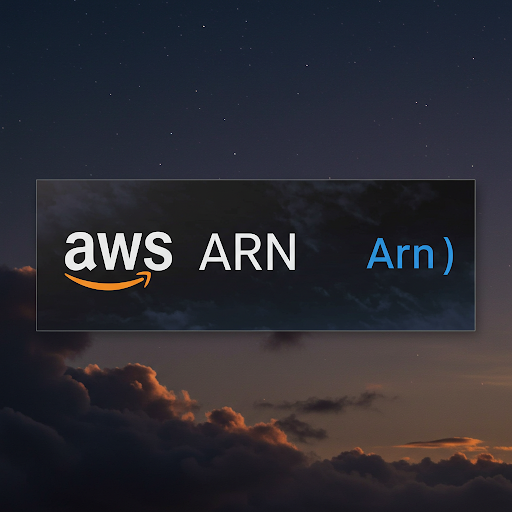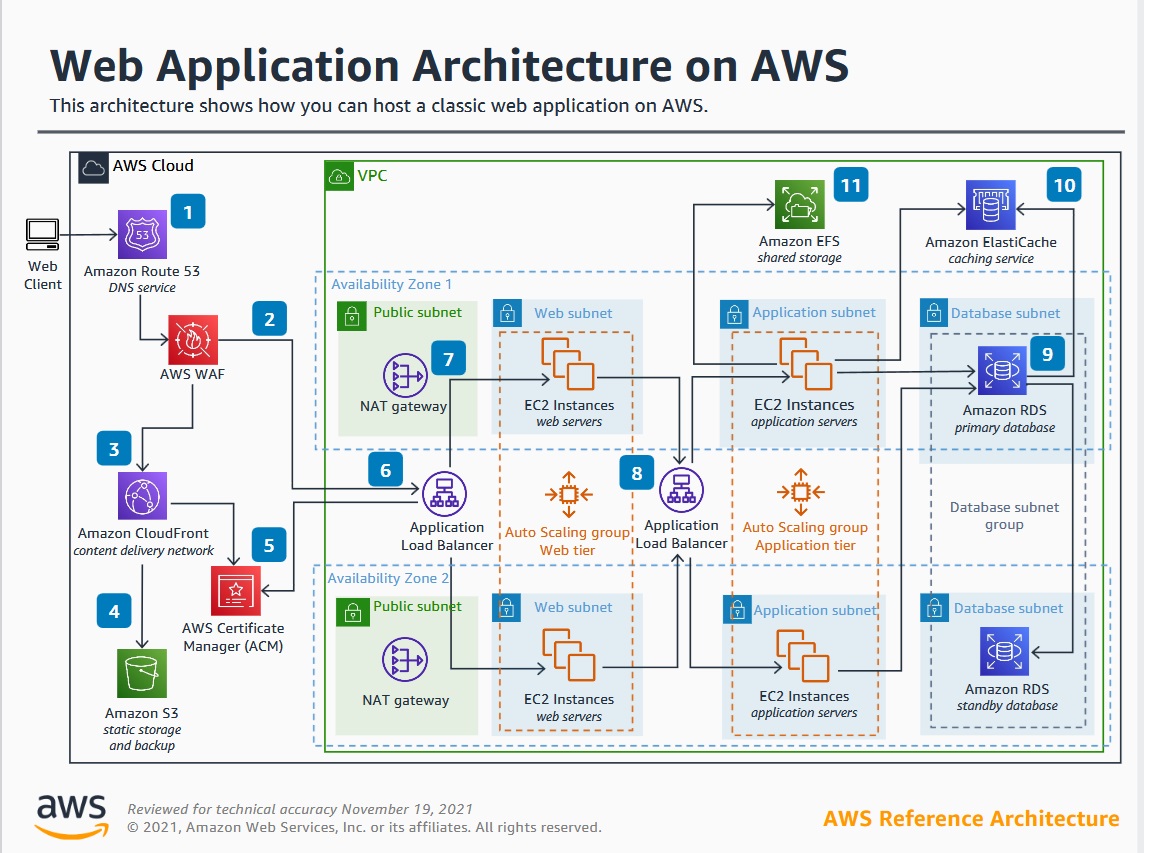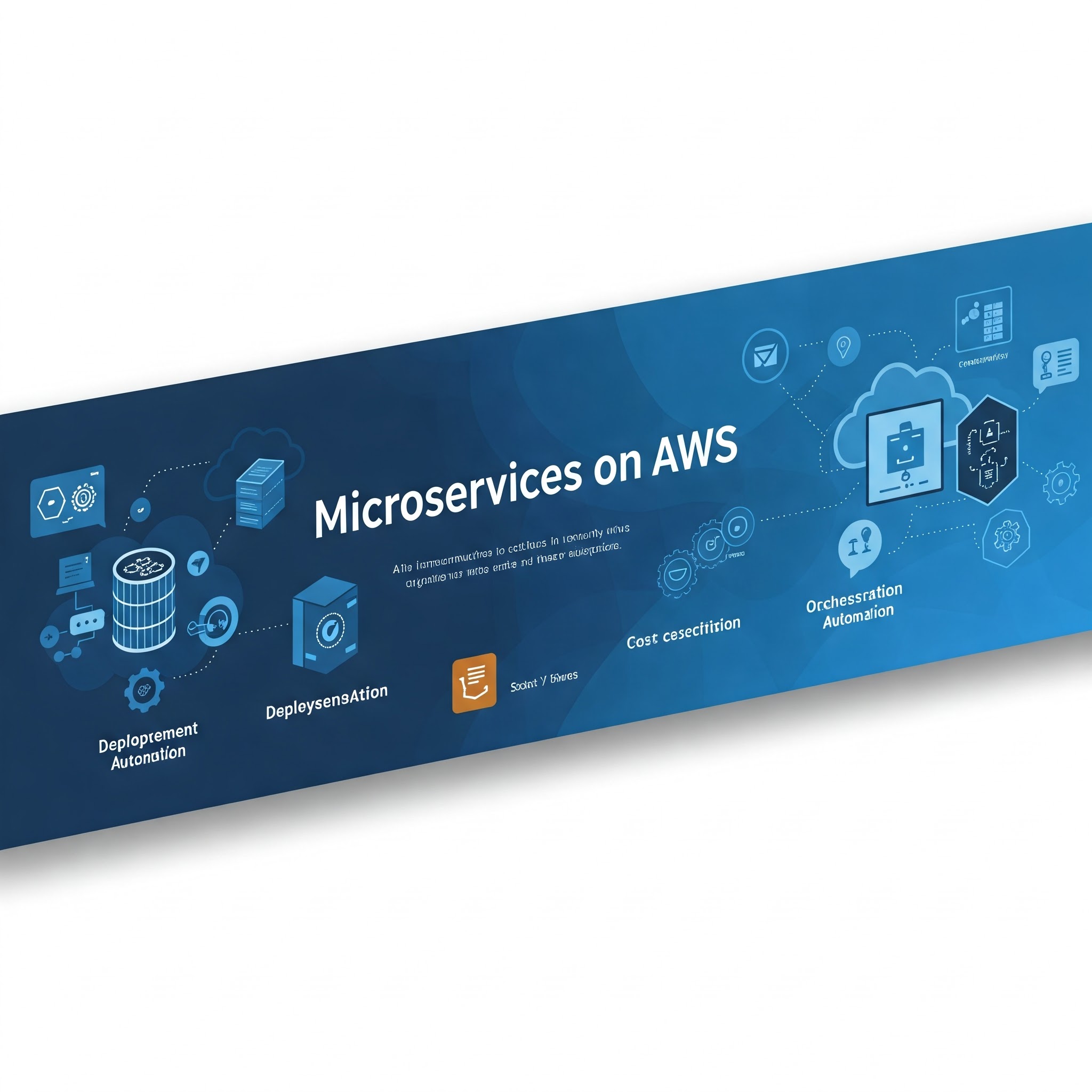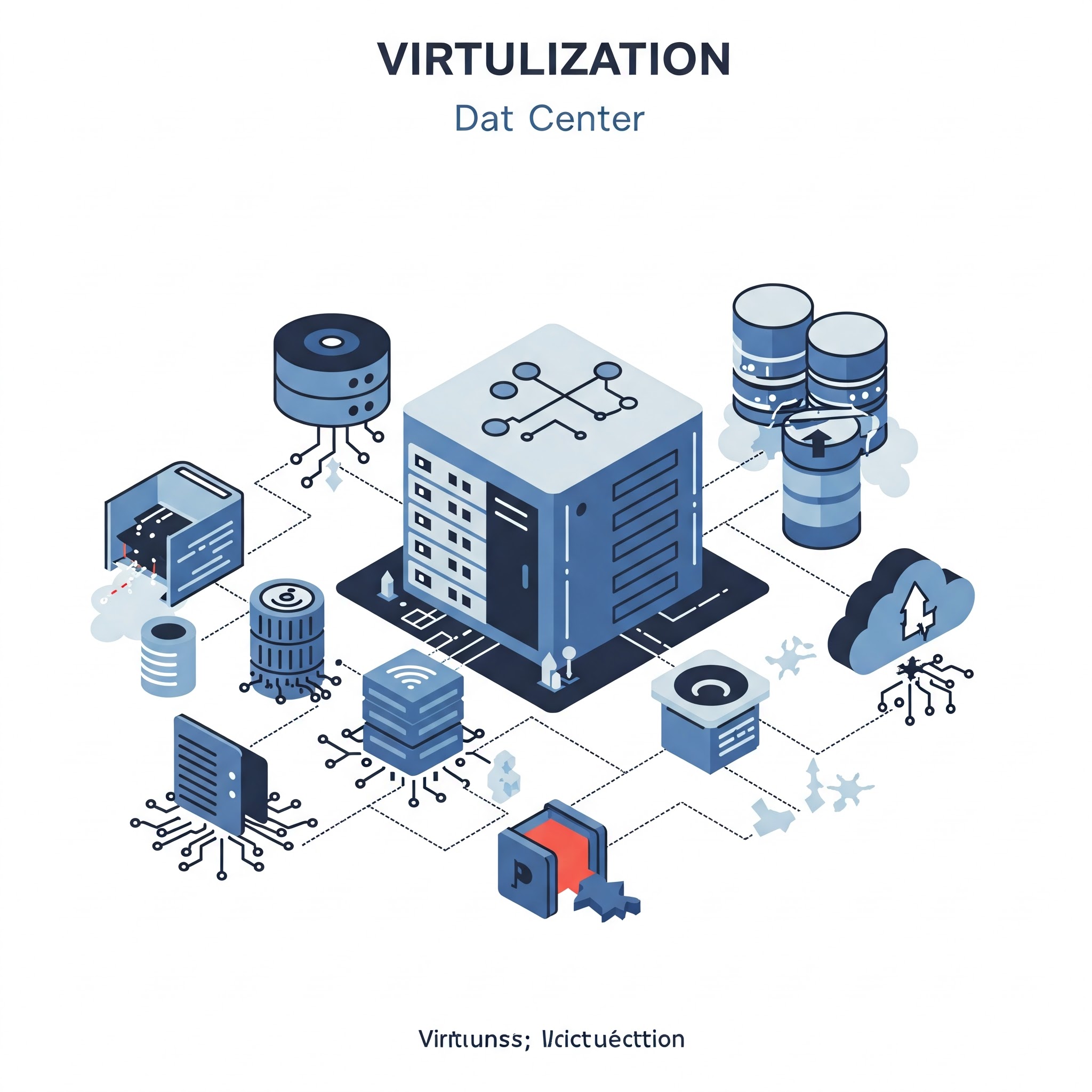
What is ARN in AWS? A Complete Guide to AWS Resource Names
Introduction
Amazon Web Services (AWS) provides a vast array of cloud services, each having its own unique identity. To manage and refer to these resources effectively, AWS uses Amazon Resource Names (ARNs). ARNs help uniquely identify resources across AWS, enabling better control and security.
In this guide, we will explore what ARNs are, their structure, and their importance in AWS.
What is an ARN?
An Amazon Resource Name (ARN) is a standardized naming convention used to uniquely identify AWS resources. Whether it’s an S3 bucket, an IAM role, a Lambda function, or an EC2 instance, ARNs allow users and AWS services to reference these resources unambiguously.
ARN Structure
An ARN follows a specific format:
arn:partition:service:region:account-id:resourceHere’s a breakdown of each component:
arn – The prefix that indicates it’s an ARN.
partition – Specifies the AWS partition (e.g.,
awsfor global AWS,aws-cnfor China,aws-us-govfor AWS GovCloud).service – The AWS service name (e.g.,
s3,ec2,lambda).region – The AWS region where the resource is located (e.g.,
us-east-1,eu-west-1).account-id – The AWS account ID that owns the resource.
resource – The specific resource identifier.
Example ARNs
Here are some examples of ARNs for different AWS services:
S3 Bucket:
arn:aws:s3:::my-example-bucketIAM Role:
arn:aws:iam::123456789012:role/MyRoleEC2 Instance:
arn:aws:ec2:us-west-2:123456789012:instance/i-0abcd1234efgh5678Lambda Function:
arn:aws:lambda:us-east-1:123456789012:function:MyLambdaFunctionWhy Are ARNs Important?
Unique Identification: ARNs provide a globally unique identifier for AWS resources.
Access Control: AWS IAM policies use ARNs to define permissions for users and services.
Cross-Service Communication: Some AWS services need ARNs to reference resources, such as EventBridge and Lambda triggers.
Infrastructure Automation: ARNs are crucial for automation tools like AWS CloudFormation and Terraform to manage resources.
How to Find the ARN of an AWS Resource?
You can find the ARN of an AWS resource in multiple ways:
AWS Console: Navigate to the resource’s details page, and the ARN is usually displayed.
AWS CLI: Use commands like
aws s3api list-bucketsoraws iam get-role --role-name MyRoleto retrieve ARNs.AWS SDKs: AWS SDKs in Python (Boto3), Node.js, and Java provide methods to fetch ARNs programmatically.
Conclusion
Amazon Resource Names (ARNs) play a crucial role in AWS by uniquely identifying resources, managing permissions, and enabling service integrations. Understanding ARNs is essential for effective AWS resource management and security policies.
By mastering ARNs, you can streamline your AWS operations and ensure a secure and organized cloud environment.
Did you find this guide helpful? Let us know in the comments!
Related Articales
Why Rockstar Games Delays GTA 6 Trailers: A Marketing Strategy Breakdown
Apr 1, 2025.23Getting Started with ArcGIS JavaScript API: A Guide for Developers
Apr 1, 2025.23Object Destructuring in JavaScript: A Simple Guide for Developers
Apr 1, 2025.23Difference Between TypeScript and JavaScript: Which One Should You Choose?
Apr 1, 2025.23




